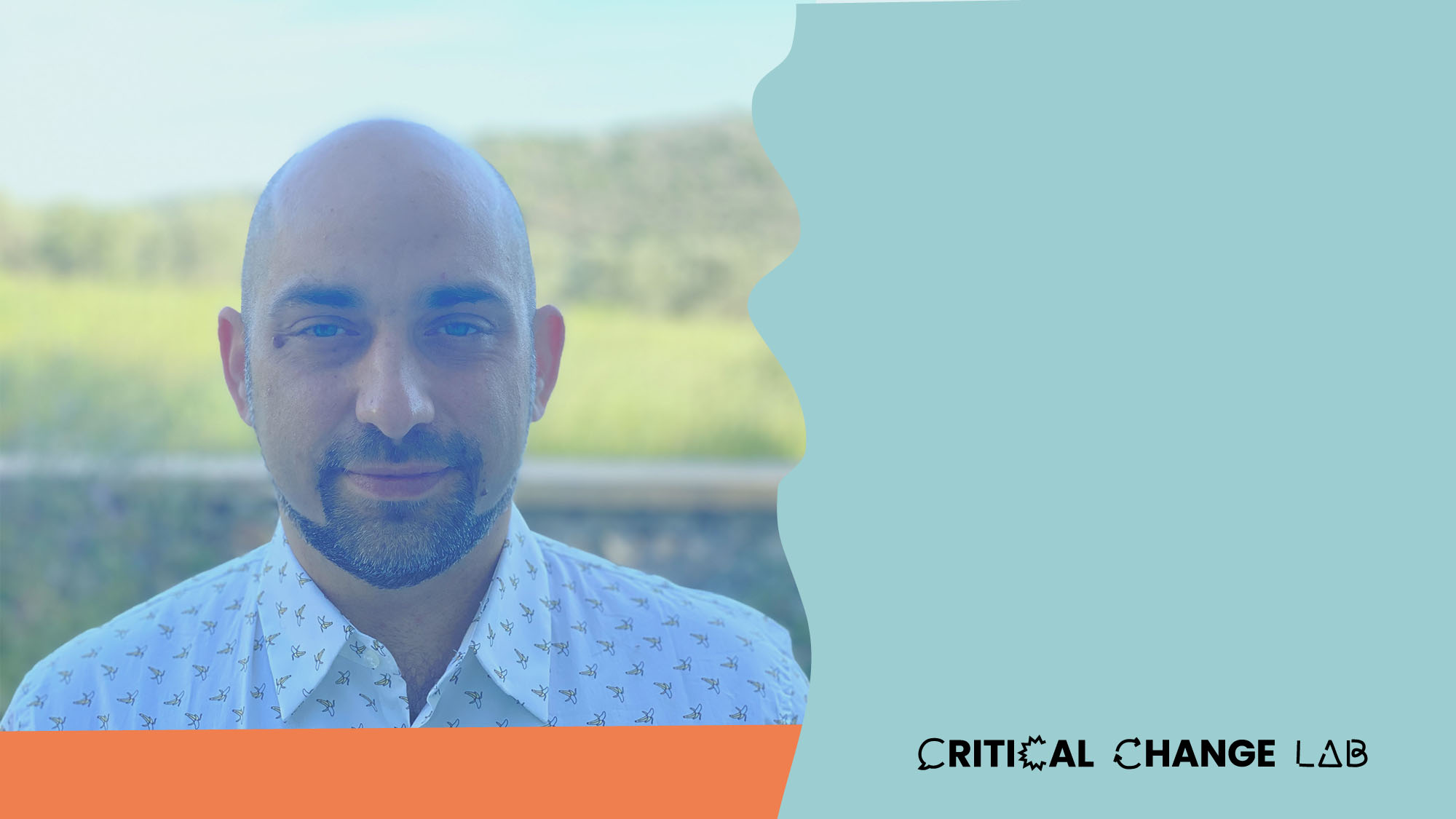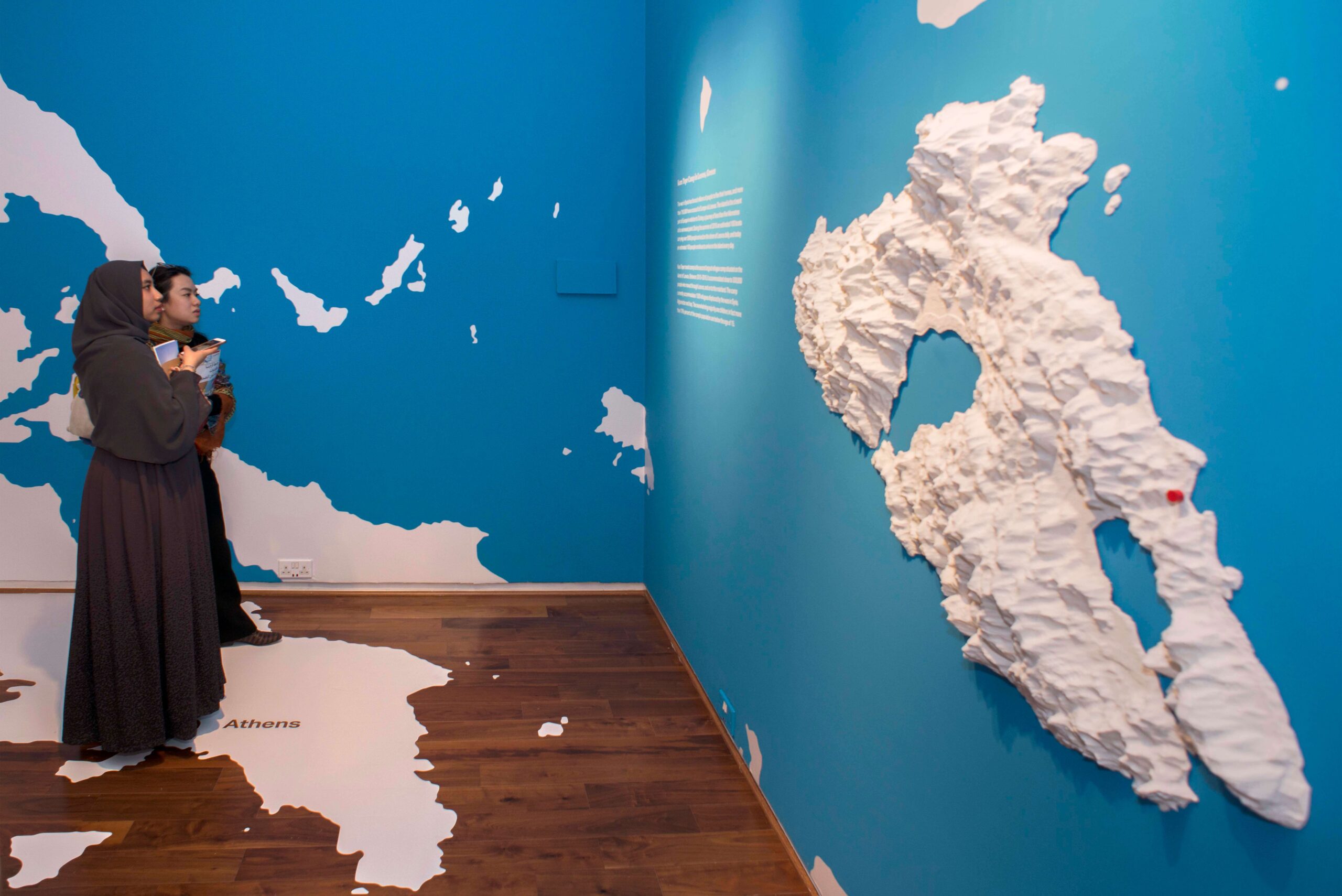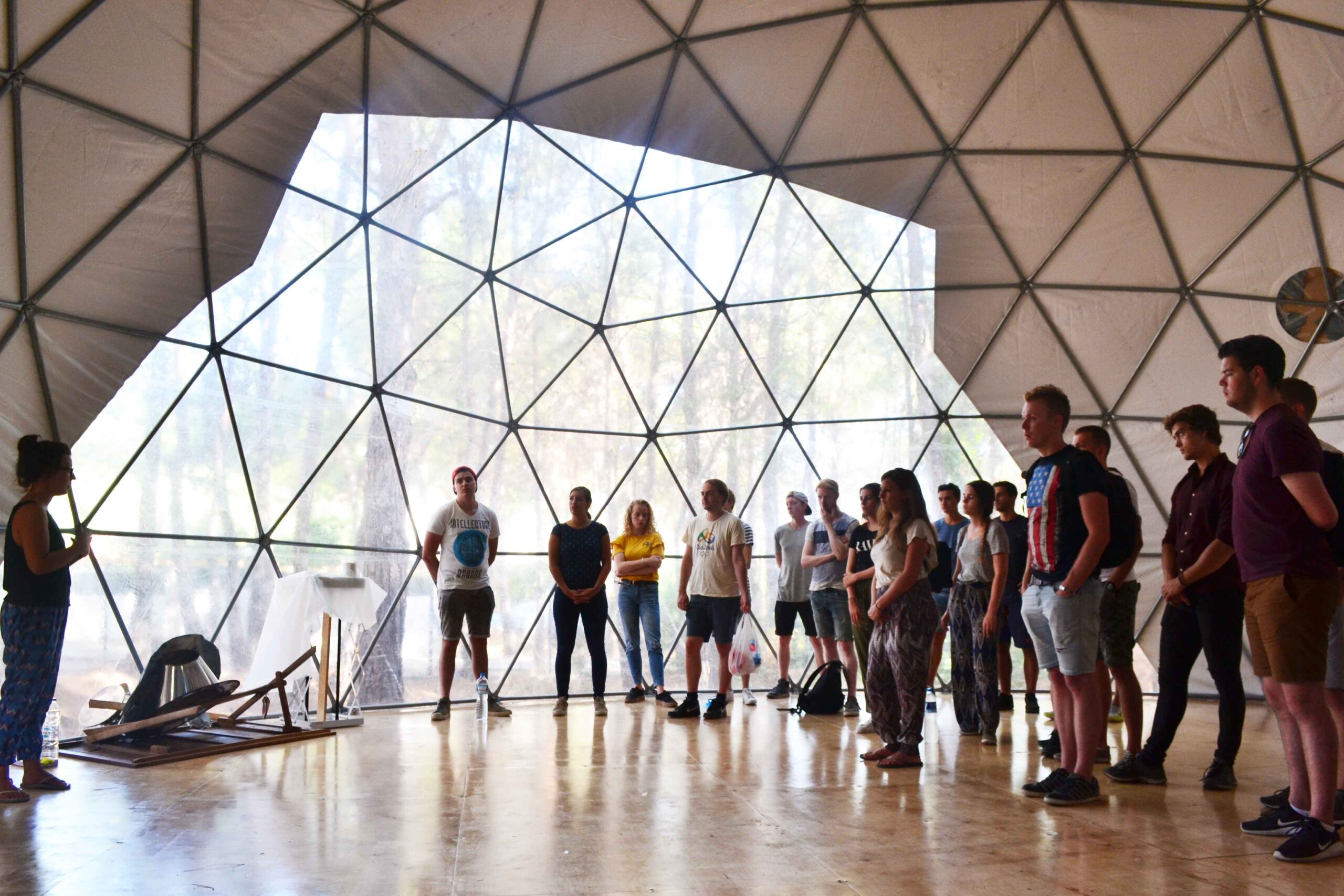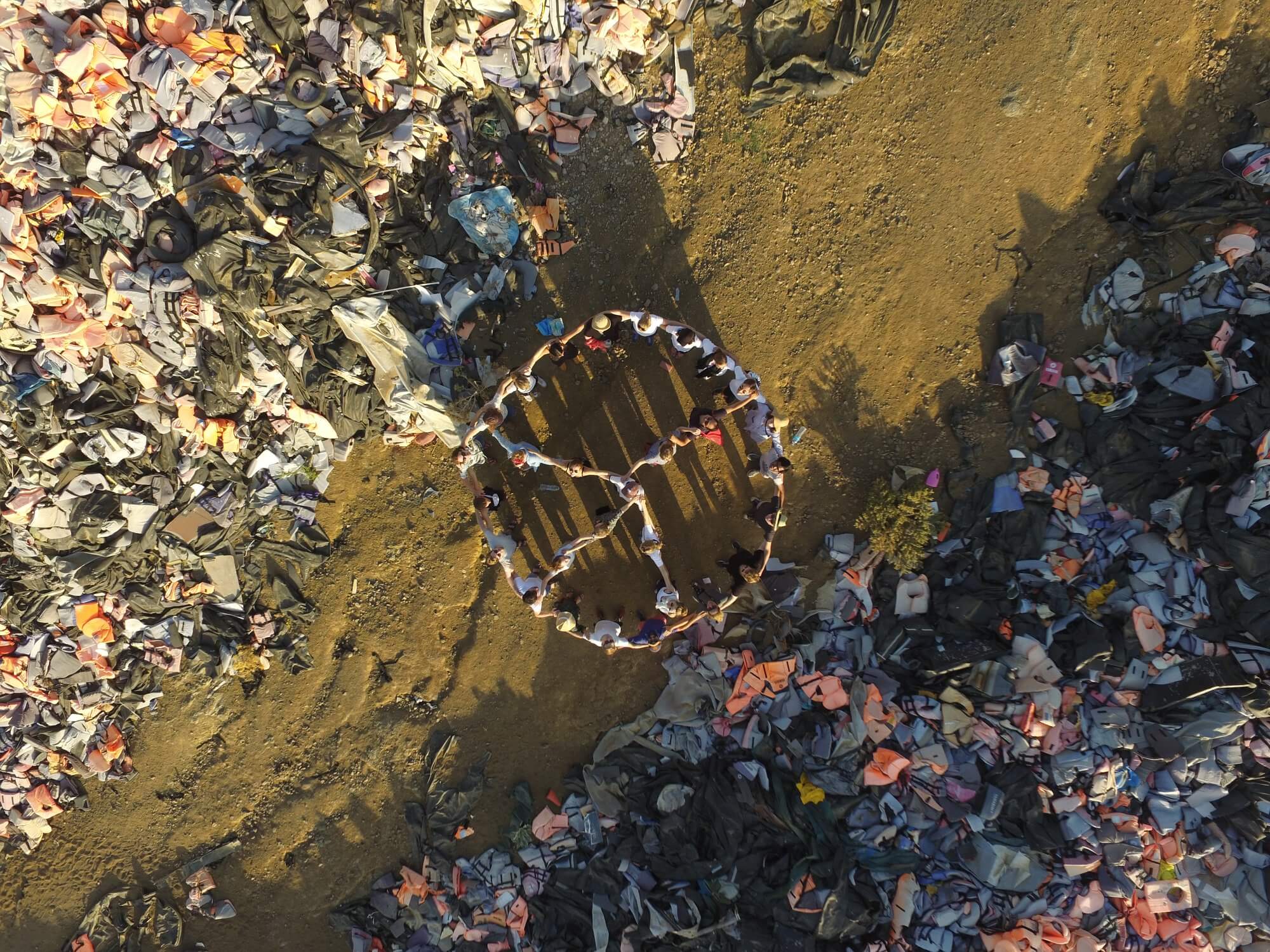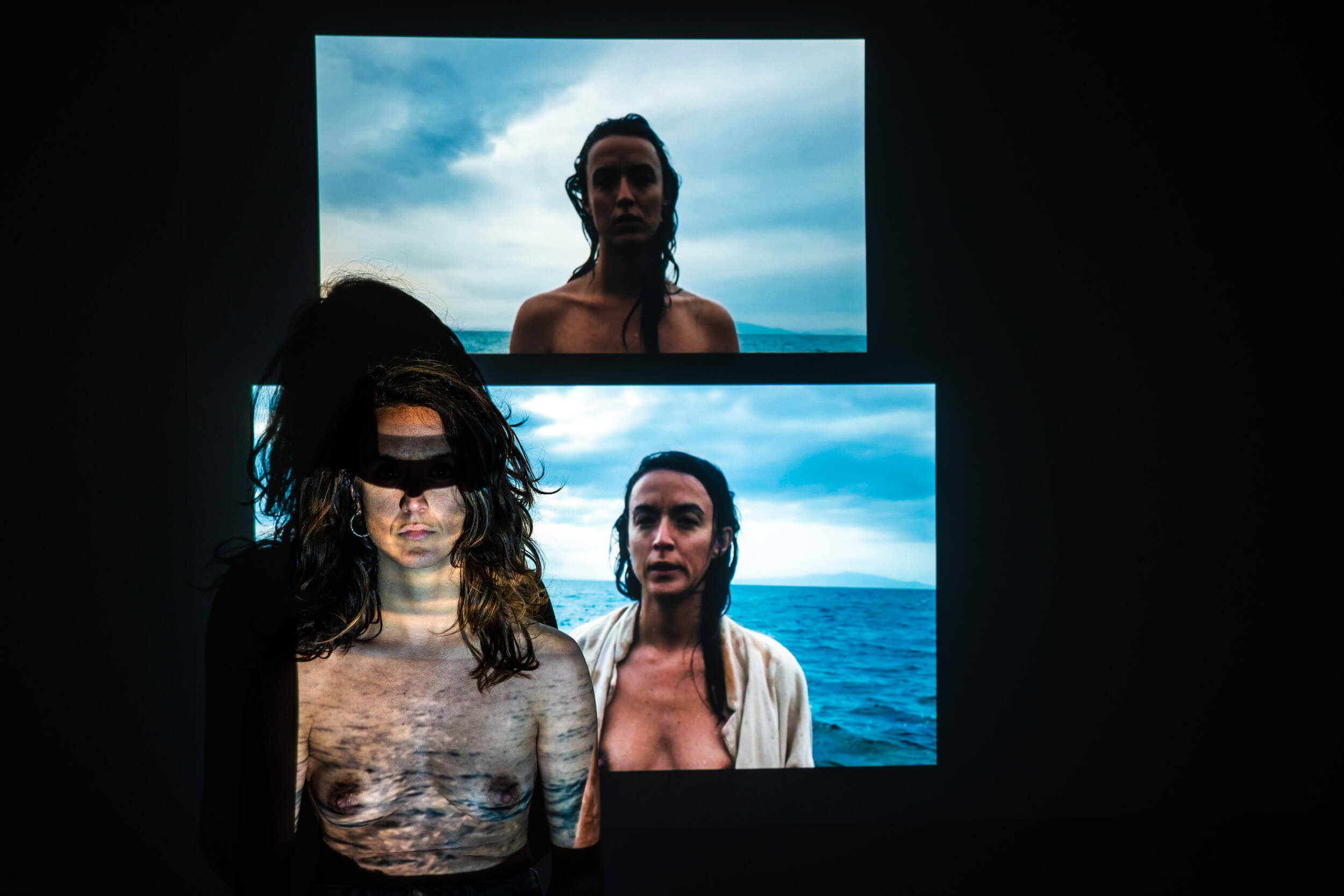Cultural entrepreneur and activist, Aris Papadopoulos from LATRA, speaks to Ana-Maria Carabelea from Ars Electronica about the importance of bringing marginalised perspectives at the forefront of the current discourse about democracy.
Hailing from the Greek island of Lesvos, LATRA’s motto is BUILD THE WORLD BETTER. Working with youth from geographically remote, socio-economically disadvantaged, and minority communities, LATRA tries to empower marginalized communities to become directors of their resilient future, creating communities that are inclusive, adaptive, and resilient.
How would you describe LATRA‘s mission?
Through our work, we want to ensure that all citizens, including those from geographically remote, socio-economically disadvantaged, and minority backgrounds, are equitably included in all aspects of European society and can become directors of their future. As a field ambassador for the application of innovative solutions in complex contemporary societal challenges (such as the future of European democracy), we want to empower people at the heart of those challenges and enable them to thrive both as individuals and as communities. We do this through activities associated with culture and the arts, as well as education in informal and non-formal settings. We bring diverse communities and a wide range of age groups under a shared roof to discuss their common adversities and shared solutions.
How does the Critical ChangeLab support your mission?
It will enable us to develop and implement field and hands-on actions where every citizen can produce solutions that contribute to the fight against Europe’s long democratic recession. We anticipate working closely with youth and citizens from marginalised and disadvantaged backgrounds and utilising the Critical ChangeLab to bring their perspectives about the future of European democracy to the forefront of the current discourse.
As a field ambassador for the application of innovative solutions in complex contemporary societal challenges, we want to empower people at the heart of those challenges and enable them to thrive both as individuals and as communities.
What previous projects or experiences will inform how you approach the Critical ChangeLab?
Our years of field practice in the humanitarian field of Lesvos will inform our Critical ChangeLab. Moreover, we have just completed the EU-funded project Artsformation which will inform the establishment of a local youth assembly as a united advocacy front to safeguard the future of Lesbos’ civic and democratic fabric. We have also just started the EU-funded project LEVERS which examines the creation of learning ventures to support regularisation of EU climate justice practices. So, we will explore crossovers between these two projects.
What do you most look forward to in the Critical ChangeLab?
We look forward to implementing innovative approaches through the Critical ChangeLab model and conducting hands-on theatre pedagogy. We see this as a big learning opportunity for us and a new experience for our audiences. We also look forward to seeing how the different Critical ChangeLabs will be conducted by our project partners across European countries and contexts and learning from them, as well as exchanging innovative ideas, to build a better collective future for European civic life and democracy.
…build a better collective future for European civic life and democracy.
Join our newsletter to continue to be updated on what we’re up to at #CriticalChangeLab. We’ll always keep it interesting, and only send you updates for as long as you want us to.
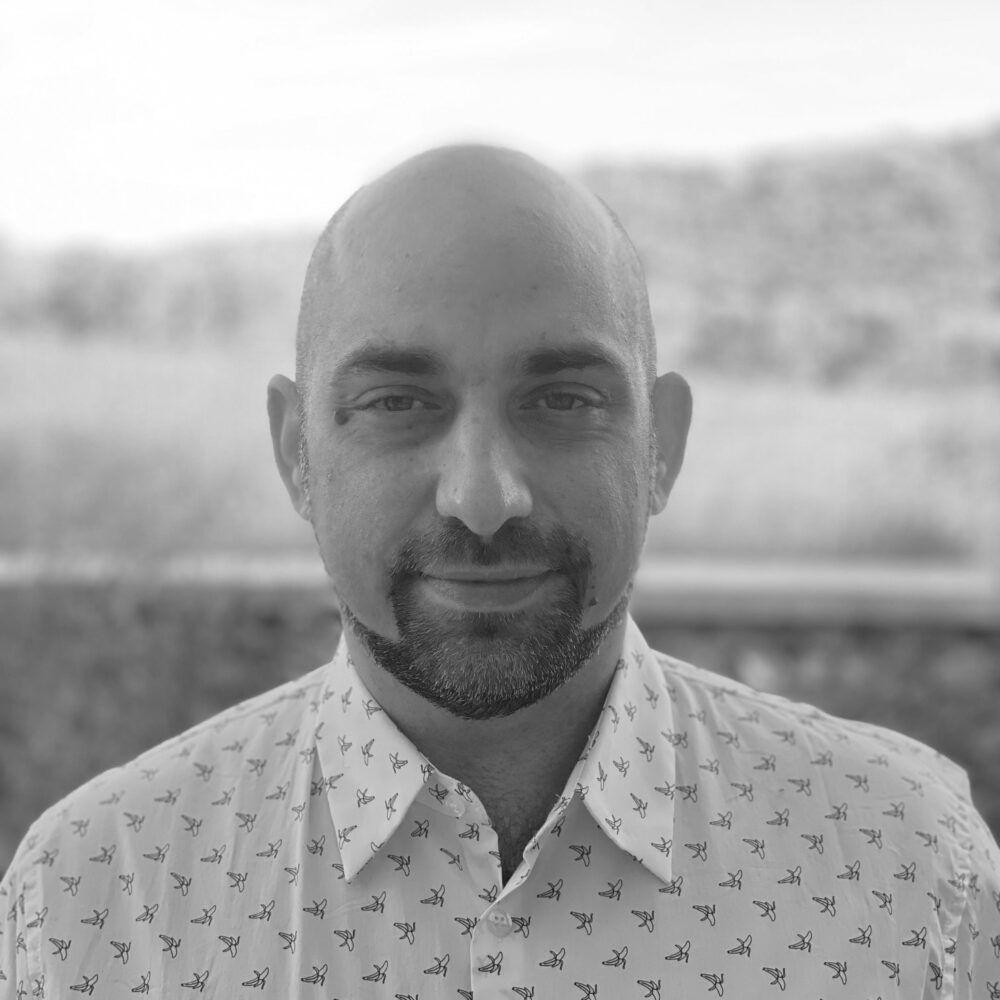
Aris is a cultural entrepreneur and activist, practicing and advocating for systemic change at the frontlines of 21st Century European challenges, through the decolonisation of art, science, technology and education.
His work at LATRA involves developing innovative projects, programs and services, that empower socio-economically disadvantaged people, by operating in the cross-over of artivism, design and education. He is an Architectural Association and UCL-Bartlett alumnus.

Since joining Ars Electronica in 2021, Ana-Maria Carabelea has been developing content and communication strategies for various European projects. In what now seems like a different life, she conceptualised and curated conference programmes and exhibitions within the cultural and creative industries, including -ing Creatives -Dubai’s first independent creative festival. She holds an MA in European Literature from Humboldt University Berlin, an MA in Brands, Communication, and Culture from Goldsmiths University of London, and is currently developing her PhD proposal for Goldsmiths University of London.
